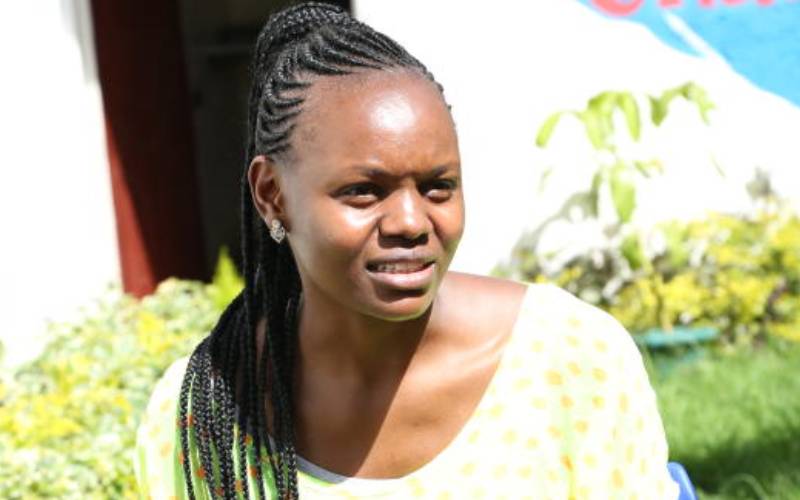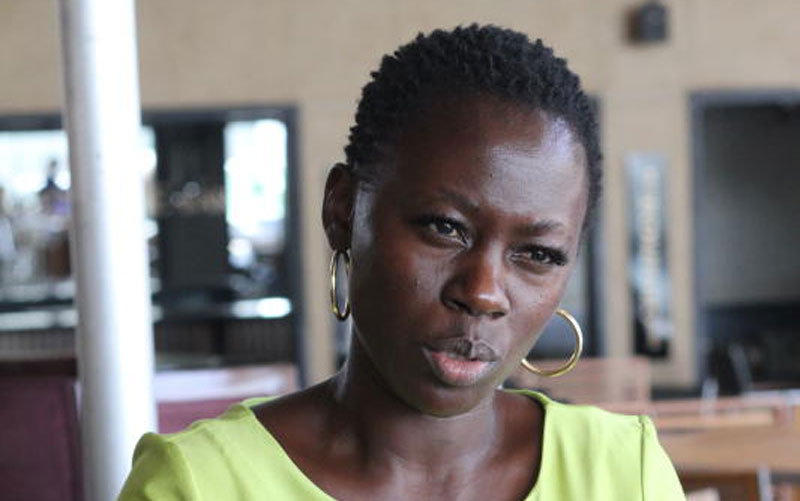
While mental health talks among adults have noticeably increased in the last several years, there is an increasing need to rope teens into these conversations. Many assume that children and adolescents do not go through devastating issues since they have fewer responsibilities as compared to adults.
Dr Angela Migowa, a Paediatric Rheumatologist and Consultant in General Paediatrics at Aga Khan University Hospital, says teens and younger children need caregivers who look after their own mental health.
Children need a healthy home environment filled with positive values. They also need caregivers who nurture their physical, social, emotional and cognitive well-being.
“Feeling loved and appreciated is a human desire. A child needs to also experience open communication with their parents and guardians. Nature abhors a vacuum. When parents and guardians are absent, a vacuum is created. Something will come to fill that vacuum,” she says.
When children receive unconditional love and appreciation from caregivers, Dr Migowa believes, they will not get into premature sex, crime, and drug abuse.
“Children are trapped into these vices when ill-intended people come to fill that vacuum when parents and guardians are absent in their lives. They will shower the children with love and appreciation and in return, emotionally blackmail them to do horrible things for them and mess with their mental wellbeing,” she says.
What else contributes to mental health illnesses?
“Like most diseases, this is a genetic risk. Then a certain thing within a teen’s environment can tip them over to develop mental health problems,” says Dr Migowa.
A teen’s resilience, family dynamics, and socio-cultural contexts play a big role.
Dr Migowa believes that an optimistic and resilient child will be able to cope with life’s challenges without it necessarily leading to a mental health issue.
Having involved caregivers and being brought up in a peaceful and safe environment reduces the risk of mental health issues.
“If a child is raised in a home with healthy methods to deal with challenges, they are more likely to have good mental health. If a child is raised in an environment where they witness crimes, they are more likely to develop anxiety,” says Dr Migowa.
Lack of enough rest due to schooling has contributed to increasing panic attack incidents among children and teens.
Parents and guardians can assess mental health concerns in their children and adolescents by observing them.
“If there is a change in behaviour, say a child who is usually talkative suddenly becomes quiet, that should raise an alarm. The caregiver can then ask them if in the last few days they have been interested in the things they would normally enjoy, and whether they are sad or happy,” says Dr Migowa.
She says the four main pillars of mental health (social, emotional, physical, and cognitive) are interdependent.
She advises teens to practice physical habits that promote good mental health by eating nutritious foods, getting adequate sleep, and exercising. Teens are encouraged to strengthen their sense of self-awareness, have a mentor, and practice emotional self-regulation through embodying patience, perseverance and tolerance.
Dr Migowa says a child or adolescent with good mental health makes sound decisions appropriate for their age. They exhibit optimism, gratitude and courage, and they are willing to take calculated risks given their age and developmental stage.
 The Standard Group Plc is a multi-media organization with investments in media
platforms spanning newspaper print
operations, television, radio broadcasting, digital and online services. The
Standard Group is recognized as a
leading multi-media house in Kenya with a key influence in matters of national
and international interest.
The Standard Group Plc is a multi-media organization with investments in media
platforms spanning newspaper print
operations, television, radio broadcasting, digital and online services. The
Standard Group is recognized as a
leading multi-media house in Kenya with a key influence in matters of national
and international interest.











